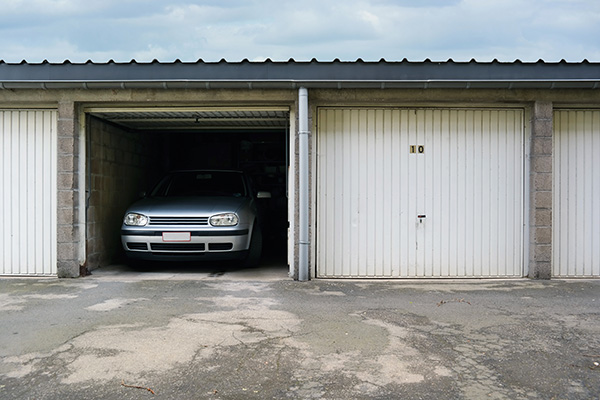
Whether you’re planning an extended vacation, have a seasonal vehicle, or just need to store your car for an extended period, it’s important to take the right steps to keep your vehicle in good condition. Without the proper preparation, a car sitting idle for months can face a number of issues, from a drained battery to corrosion. So, how do you ensure your car is safe and ready to go when you need it? Let’s go over some of the best practices for long-term car storage so your vehicle remains in tip-top shape even when it’s not in use.
Clean Your Car Inside and Out
Before putting your car into storage, giving it a thorough cleaning might not seem essential, but it can prevent several long-term issues. Dirt, bird droppings, or tree sap left on the paint can cause damage over time, leading to stains or even rust. Similarly, any food crumbs or trash left inside the car could attract pests, which is the last thing you want when your car is sitting unused.
Wash and wax the exterior to add a protective layer against dirt, moisture, and rust.
Vacuum the interior and remove all trash to keep pests away.
By starting with a clean car, you’re protecting it and ensuring that when you’re ready to drive it again, it looks and smells fresh.
Keep the Battery Charged
One of the most common problems with long-term car storage is a dead battery. When a car sits idle, the battery slowly loses its charge. To avoid finding yourself with a dead car when it’s time to hit the road again, consider these battery care tips:
- Disconnect the battery if you plan to store your car for several months. This prevents it from draining completely.
- Alternatively, use a trickle charger to maintain the battery’s charge. This device supplies a small, consistent charge to keep the battery healthy without overcharging it.
- This will save you from the frustration of trying to jump-start your car or replacing the battery altogether.
Protect the Tires
Tires can suffer from long-term storage, too. When a car is left sitting in the same position for too long, the weight of the vehicle can cause flat spots to develop on the tires. These spots can lead to a rough ride and potentially dangerous driving conditions.
To avoid this:
- Inflate your tires to the recommended PSI before storing your car. Tires naturally lose air over time, so starting with fully inflated tires helps them maintain their shape.
- If possible, move the car periodically or place it on jack stands to take pressure off the tires entirely.
- By taking these steps, you’ll help prevent flat spots and extend the life of your tires.
Fill Up the Gas Tank and Add Fuel Stabilizer
It might seem counterintuitive, but filling your gas tank before storing your car is a good idea. An empty or nearly empty gas tank can attract moisture, leading to rust or corrosion inside the fuel system. A full tank prevents air from getting inside, reducing the risk of these issues.
Add a fuel stabilizer to your full tank of gas. This prevents the gas from breaking down and becoming gummy, which can clog fuel lines and damage the engine. This step is especially important if you’re storing the car for several months or longer.
When you’re ready to take your car out of storage, the stabilizer ensures that the fuel system is still clean and the car will start without a hitch.
Cover Your Car Properly
Where you store your car matters; ideally, you should keep your vehicle in a garage to protect it from the elements, but if that’s not possible, a car cover is essential. A high-quality car cover can shield your vehicle from dust, dirt, moisture, and even UV damage.
- Use a breathable car cover to prevent moisture build-up, which could lead to mold or rust.
- If your car is stored outside, ensure the cover fits snugly and is designed to protect against weather conditions.
- Taking the extra step to cover your car ensures that its exterior stays in great condition, no matter how long it’s in storage.
Whether you’re storing your car for the season or a few months, proper preparation is key. Visit Loyola Marina Auto Care to keep your vehicle in top shape with our expert maintenance services. We’re here to help you protect your car—schedule your appointment now!